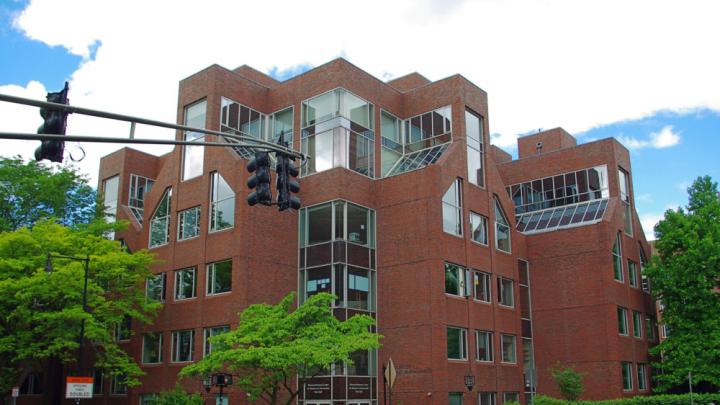U.S. Representative Elise Stefanik ’06 (R-N.Y.) has been removed from the senior advisory committee of the Harvard Kennedy School’s (HKS) Institute of Politics, HKS dean Doug Elmendorf wrote in an announcement today.
“Elise has made public assertions about voter fraud in November’s presidential election that have no basis in evidence, and she has made public statements about court actions related to the election that are incorrect,” Elmendorf wrote. “Moreover, these assertions and statements do not reflect policy disagreements but bear on the foundations of the electoral process through which this country’s leaders are chosen.” Last week, a petition started by two Harvard College graduates called for Stefanik’s removal because of her challenge to the January 6 certification of president-elect Joe Biden’s Electoral College victory.
Elmendorf had spoken with Stefanik and asked her to step down, he wrote, emphasizing that his “request was not about political parties, political ideology, or her choice of candidate for president.”
“In my conversation with Elise, she declined to step aside, and I told her that I would therefore remove her from the IOP’s Senior Advisory Committee at this time,” Elmendorf wrote.
In a statement posted on Twitter, Stefanik wrote: “The decision by Harvard’s administration to cower and cave to the woke Left will continue to erode diversity of thought, public discourse, and ultimately the student experience.”
Separately, Harvard Law School dean John Manning and nearly 160 law school deans across the country today signed a statement on the 2020 election and last week’s insurrection at the U.S. Capitol. “The violent attack on the Capitol was an assault on our democracy and the rule of law,” they wrote. “The effort to disrupt the certification of a free and fair election was a betrayal of the core values that undergird our Constitution.
“[W]e recognize with dismay and sorrow that some lawyers challenged the outcome of the election with claims that they did not support with facts or evidence,” the statement continued, emphasizing the role of lawyers and legal educators in addressing the current crisis. “This betrayed the values of our profession. Our profession demands that when lawyers pursue legal action, they must bring claims in good faith, grounded in facts and evidence, and demonstrate respect for the legal system. Only then can lawyers fulfill their responsibilities as lawyers and public citizens to promote public confidence in the rule of law and the justice system—duties that extend to all professional activities, whether lawyers are representing a client or not.
“This should be a moment of reflection for legal educators and members of the legal profession,” they concluded. “A sustained effort will be necessary to repair and preserve our precious democratic institutions….We call upon all members of the legal profession to join us in the vital work ahead.”








